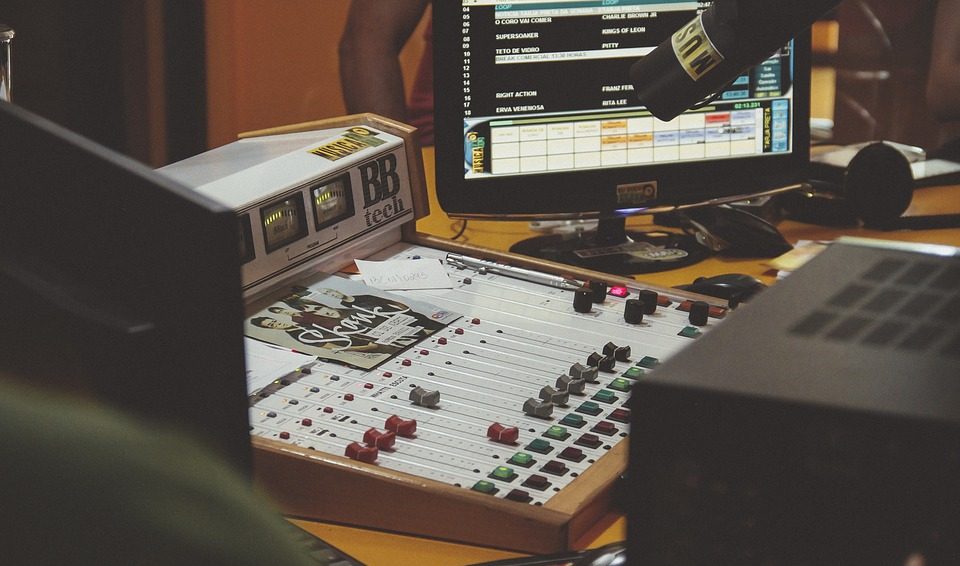Creative ways to make the most of your samples
Samples give new life to your mixes, you can transform samples into completely new sounds and use them like their own instrument. Here’s some inspiration for getting more out of your sampling.
Each section has an audio clip so you can hear just how these methods will transform your samples. Here’s the original audio so you can hear how it has been modified:
Pitching
Transposing samples can make a considerable and unexpected change to your music and workflow. Hits and loops can be altered to create new tones and timbres, whilst keeping the transients intact. Understanding how to transpose your samples to match the key of your track is a beneficial skill to have; allowing more possibilities to use/you to make the most of a potentially limited audio library. Old sampling techniques caused unwanted speed changes during re-pitching, however many DAWs provide tools to keep your samples’ tempo intact.

Slicing/Cutting
Slicing and cutting samples is my favourite method of creatively modifying the sounds available to me. Slicing samples by transients or quantised measures is an effective and sure-fire way of re-purposing and transfiguring your melodies and drum loops. Cutting by transients allows you to construct your own drum lines using the individual hits from a rhythmic loop, as well as re-ordering melodies and hooks you may not have thought to write conventionally. Cutting by rhythmic measures can have equally powerful effects and unconventional outcomes.

Stretching/Warping
Stretching samples can yield interesting, beautiful and equally experimental results. Modifying your samples in this way means new rhythms, timbres and ways of listening to your samples. Warping clips to fit in with the timing of your track can also open more ways of modifying your sample library and allow for creative experimentation. PaulStretch takes the stretching of samples to a new level, allowing you to stretch your samples up to 800%, resulting in beautiful, choral soundscapes.

